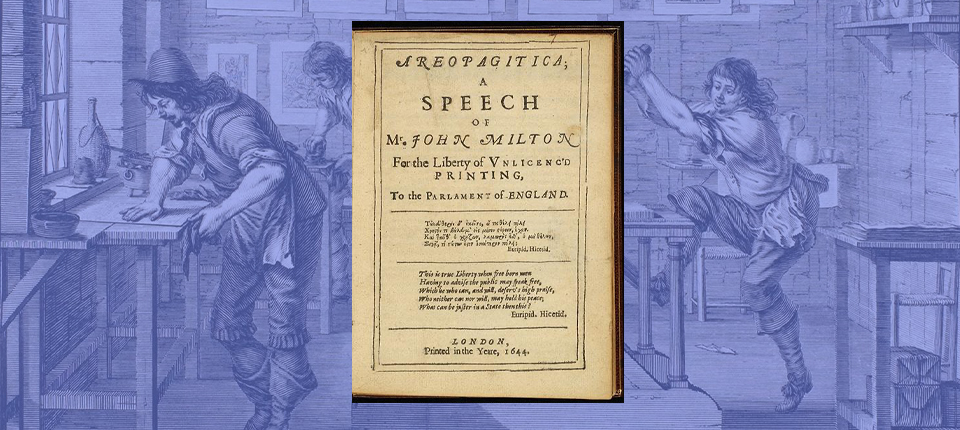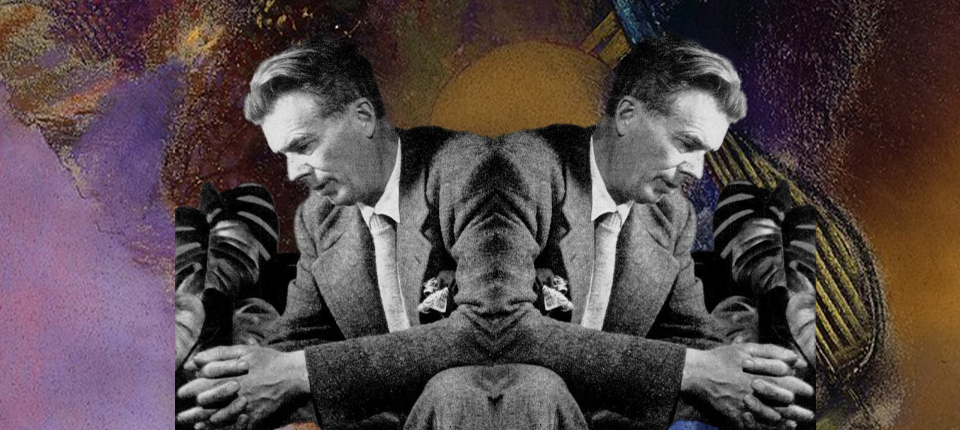Despite its title, Regan Penaluna’s How to Think Like A Woman is very much not a how-to guide. Instead it is a combination of memoir, philosophical exegesis and the biographies of several philosophers, structured somewhat chronologically around the author’s changing relationship with philosophy itself.
As for gendered thought, Penaluna provides a few hints at what “thinking like a woman” might entail. On page 120 we read: “the epistemic state of many a thinking woman is one of self-doubt”. Later we have “to think like a woman is to be regularly ashamed of oneself”; and “to think like a woman, to produce and create like a woman, often involves anger”. Taken on their own, such descriptions are hardly a great sell for womanly thinking.
But in the book’s closing pages Penaluna finally gives a fuller assessment on the existence of gendered thought:
I don’t believe that there is one way to think like a woman, just as I don’t believe there is a single way to be a woman. A few things are common to all of us: patriarchy makes it hard for a woman to think for herself, to voice her own thoughts, and for the most part, philosophy hasn’t done us any favors.
I am inclined to agree. Philosophy is rife with misogyny. In a thrilling and swift sixteen-page showdown Penaluna names and shames those with such views, including Plato, Aristotle, Aquinas, Hobbes, Spinoza, Leibniz, Hume, Kant, Hegel, Nietzsche, Wittgenstein, Descartes, Rousseau and many others.
And in another brief but exciting tour, Penaluna introduces us to some of the unsung heroes of the history of philosophy (women from various traditions), such as Gārgī Vācaknavī, Sulabhā, Cleobulina of Rhodes, Phintys, Aspasia, Diotima, Arete, Axiothea, Lasthenia, Rabia al-Adawiyya, Murasaki Shikibu, Christine de Pizan, Margery Kempe, Sor Juana Inés de la Cruz, Im Yunjidang, Nana Asma’u bint Usman ’dan Fodio, Margaret Fuller, Lou Andreas-Salomé, Hedwig Dohm, Charlotte Perkins Gilman and Anna Julia Cooper.
The philosophers given the most attention, though, as alluded to in the subtitle, Four women philosophers who taught me how to love the life of the mind, are a far less diverse crew. These are Mary Astell, Damaris Masham, Mary Wollstonecraft and Catherine Cockburn (with Margaret Cavendish and Virginia Woolf also getting significant coverage). Penaluna clearly gained much inspiration from reading these women’s work, specifically in the way that they grapple with the lack of inclusion of women in academic spaces and education, and how that manifests in philosophical thinking regarding gender, intellect, ethics and beyond.
Early on, the author shares an experience that she weaves through the memoir parts of the book: “I started dating a philosopher … who had been my teaching fellow for an ethics class the year before”. Many details of the relationship are explored, but the teacher-student aspect is left without context or critique. For an author turning her attention towards the status of women in philosophy, it is disappointing to leave such a core aspect unaddressed. At one point Penaluna wonders “why no one warned me about the asymmetry in my relationship”, yet the analysis she then offers focuses only on gender, while ignoring the obvious relevance of the teacher-student dynamic. “The power imbalance wasn’t unique to us”, she writes. “We were just a man and a woman participating in a love story common to partnerships across time.” This I take to be problematically reductive and universalizing.
Yet the memoir aspects of the book are at times highly moving (not to mention often laugh-out-loud funny). In many respects I found a kindred spirit wrestling with their experiences, trying to make sense of them using their philosophical resources. At one point she quotes Masham: “if one woman’s soul was saved by her ideas … then her work was of value”. How to Think Like a Woman did not save my soul, but there is much to enjoy in it and it is of value. And, despite its limitations, it does a fine job of putting the “boys’ club” of philosophy on trial.
Suki Finn is a lecturer in Philosophy and Gender Studies at Royal Holloway, University of London
The post Unsung heroines appeared first on TLS.

 By Times Literary Supplement | Created at 2024-11-14 02:17:55 | Updated at 2024-11-24 05:19:34
1 week ago
By Times Literary Supplement | Created at 2024-11-14 02:17:55 | Updated at 2024-11-24 05:19:34
1 week ago








